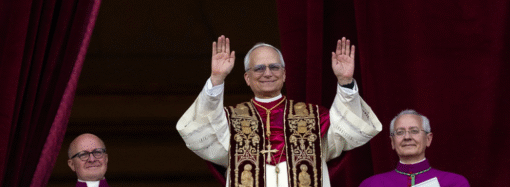When it comes to financial issues, millennials increasingly feel like they are receiving the short end of the stick. Particularly when they look at their parents’ and grandparents’ generations.
As it turns out, millennials haven’t been imagining things. A new survey by The Guardian shows that millennials are indeed experiencing a decline in wealth:
“Where 30 years ago young adults used to earn more than national averages, now in many countries they have slumped to earning as much as 20% below their average compatriot. Pensioners by comparison have seen income soar.
In seven major economies in North America and Europe, the growth in income of the average young couple and families in their 20s has lagged dramatically behind national averages over the past 30 years.
In two of these countries – the US and Italy – disposable incomes for millennials are scarcely higher in real terms than they were 30 years ago, while the rest of the population has experienced handsome gains.”

The article goes on to describe how such a state could have serious consequences for countries, as a lower amount of income will make young adults less eager to get married, start families, and pursue other norms of adulthood.
Such could certainly be the case, but is it possible that the opposite could happen? Millennials have long been referred to as the “me generation,” signifying its members’ interest in and dependence on their own selves. But if millennials increasingly have difficulty making it on their own, will they begin to recognize the value that dependence on others can bring? Is it possible that part of the millennial financial decline is directly related to their tendency to isolate themselves and avoid marriage and community, institutions which often boost incomes and provide support in times of trouble?
Image Credit: Dan Moyle bit.ly/1ryPA8o
















Leave a Comment
Your email address will not be published. Required fields are marked with *